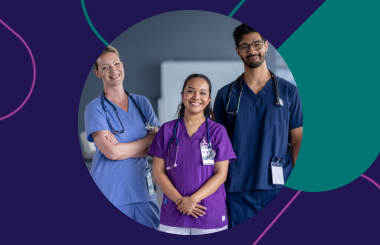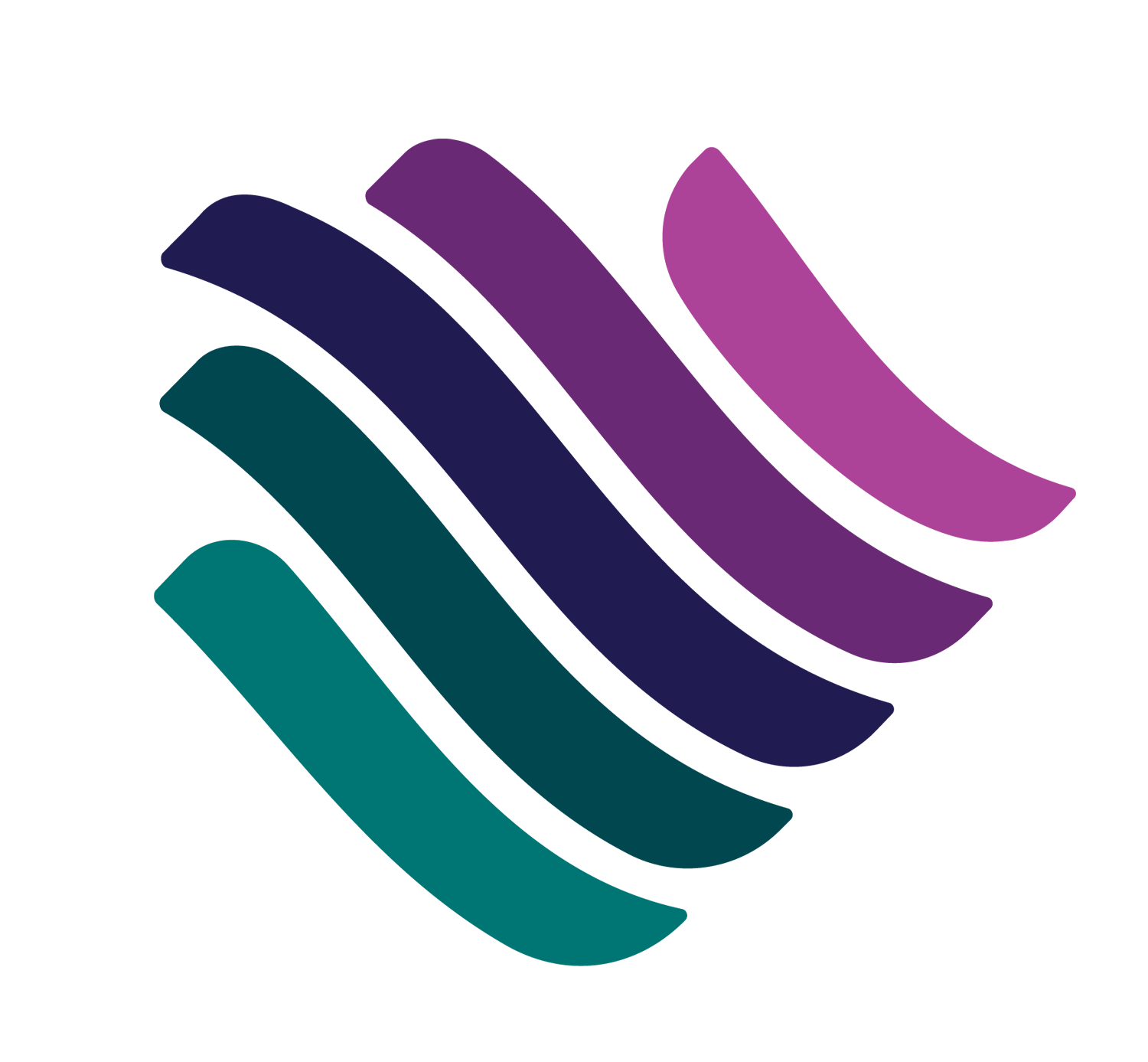Discover why your skills from retail, hospitality, or education may be perfect for a mission-driven role in health care.

16 July 2025
ATTENTION: Beware of Recruitment Fraud: ChenMed does not offer any positions without an interview and never asks candidates for money or other sensitive information such as bank account, social security number, or non-publicly available information. To report recruitment fraud, please click here.

Career Tips

14-May-2025
If you’ve ever worn “multitasker” as a badge of honor on your resume or boasted about juggling five things at once during an interview, you’re not alone. In fast-paced work environments, the ability to multitask often gets mistaken for productivity. But research—and real-world experience—say otherwise.

It’s easy to think that if you’re doing several things at once—replying to emails, attending a meeting, updating a spreadsheet—you’re being efficient. But studies consistently show that the human brain isn’t wired for true multitasking.
What we call “multitasking” is actually task-switching. Your brain rapidly shifts focus from one task to another, burning mental energy each time it switches gears. According to the American Psychological Association, this can reduce productivity by as much as 40%. And it doesn’t just slow you down—it increases the likelihood of making mistakes.
Let’s say you’re replying to a patient’s message while halfway listening in a virtual huddle. You might miss an important update—or worse, miscommunicate something that affects patient care.
In a mission-driven, people-centered workplace like ChenMed, these small errors can have big consequences. That’s why being strategically focused is a far more valuable skill than juggling a million things at once.
Before we go further, let’s clear something up: being able to switch between tasks when needed is different than constantly multitasking. Adaptability is a strength. Mindless multitasking is not.
In healthcare, and particularly in value-based care, flexibility is crucial. Care teams adjust in real-time to meet patients' needs, solve challenges, and collaborate across disciplines. But successful adaptability doesn’t come from frantic multitasking—it comes from clarity, prioritization, and structured communication.
If multitasking doesn’t work, what does? Career seekers and professionals across all fields can benefit from these three focus-friendly habits:
Instead of bouncing between tasks, group similar ones together and dedicate focused blocks of time to each. This is often called batch working or time blocking.
This reduces decision fatigue and creates mental “flow”—a state where you're fully engaged, minimizing distractions and maximizing output.
Try this simple method to avoid the chaos of trying to do everything at once:
Ask yourself: Does this task move the mission forward today? At ChenMed, that mission is improving health outcomes for the most vulnerable. When your to-do list aligns with purpose, prioritization becomes clearer.
Notifications are productivity killers. Whether it’s a ping from your inbox or a pop-up from your calendar, every distraction pulls your brain out of focus.
Try these tips:
If you need to collaborate in real-time, schedule check-in windows with your team instead of reacting constantly throughout the day.
In collaborative workplaces like ChenMed, where clinicians, nurses, care coordinators, and administrative teams work side by side, the pressure to multitask can sneak in from all angles. But creating shared systems and communication norms can prevent overload.
Here’s what that might look like:
If you’re job searching or transitioning into a new healthcare role, look for environments that value structure and clarity over constant chaos.
If you’re leading a team—or hope to one day—it’s important to model the behavior you want to see. Avoid praising “multitasking” in performance reviews and instead reward:
At ChenMed, leaders create space for meaningful work by eliminating unnecessary complexity, encouraging focus, and making sure every team member feels aligned with the mission.
If you’re applying to a role and want to show your ability to manage competing demands without glorifying multitasking, try phrases like:
This signals that you’re not just busy—you’re intentional.
The ability to focus deeply on one thing at a time is a superpower in today’s world of distraction. It leads to fewer errors, stronger team collaboration, and more meaningful work—especially in value-based care models like ChenMed.
So the next time you feel the urge to multitask, pause. Take a breath. Choose the one thing that matters most in that moment—and give it your full attention.
Your brain (and your patients, your coworkers, and your future self) will thank you.
